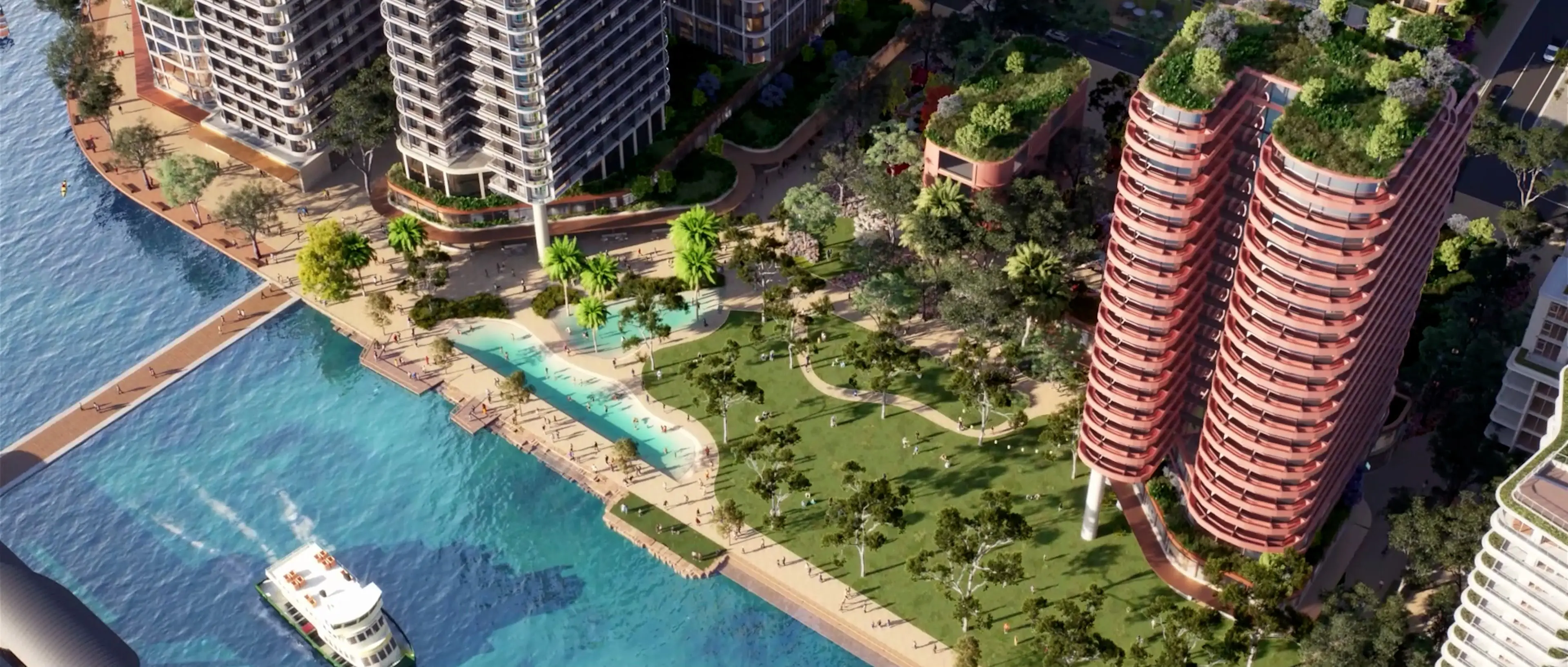
The Reserve Bank of Australia (RBA) has announced an interest rate rise of 25 basis points following their Board meeting today. This is the first rate rise of the year, bringing the cash rate to 3.35 per cent.
In a statement following the announcement, RBA Governor Philip Lowe stated, “In Australia, CPI inflation over the year to the December quarter was 7.8 per cent, the highest since 1990. In underlying terms, inflation was 6.9 per cent, which was higher than expected. Global factors explain much of this high inflation, but strong domestic demand is adding to the inflationary pressures in a number of areas of the economy.
“Inflation is expected to decline this year due to both global factors and slower growth in domestic demand.”
Dr Lowe recognises the effects of these interest rate hikes on the housing market, saying in his statement that “the full effect of the cumulative increase in interest rates is yet to be felt in mortgage payments. There is uncertainty around the timing and extent of the expected slowdown in household spending.
“Some households have substantial savings buffers, but others are experiencing a painful squeeze on their budgets due to higher interest rates and the increase in the cost of living. Household balance sheets are also being affected by the decline in housing prices.”
After this 25 basis point rise, the average borrower with a $500,000 loan at the start of the hikes in May 2022 could soon be paying a total of $908 more a month on their mortgage.
Marion Kolher, Head of Economic Analysis at RBA, spoke on the cost of living, acknowledging the pressure Australians face due to these higher interest rates.
“We understand that some people are finding the rise in interest rates difficult to manage and others will have to cut back on discretionary spending,” remarked Ms Kolher. “However, higher interest rates are necessary to ensure that the current period of higher inflation and cost of living pressures does not persist too long.
“As the Governor has emphasised, the Reserve Bank Board is focused on returning inflation to target and establishing a more sustainable balance of demand and supply in the Australian economy.”
“The Board expects that further increases in interest rates will be needed over the months ahead to ensure that inflation returns to target and that this period of high inflation is only temporary,” said Dr Lowe. “In assessing how much further interest rates need to increase, the Board will be paying close attention to developments in the global economy, trends in household spending and the outlook for inflation and the labour market.
“The Board remains resolute in its determination to return inflation to target and will do what is necessary to achieve that.”
For more news, market insights, and lifestyle, click here.
Header image source.


